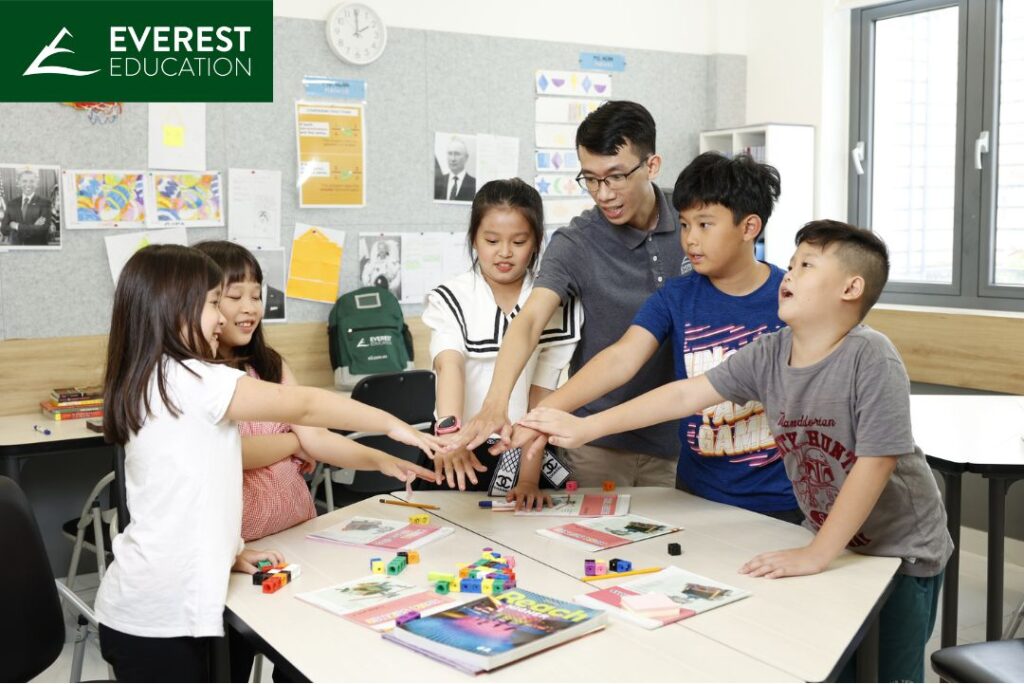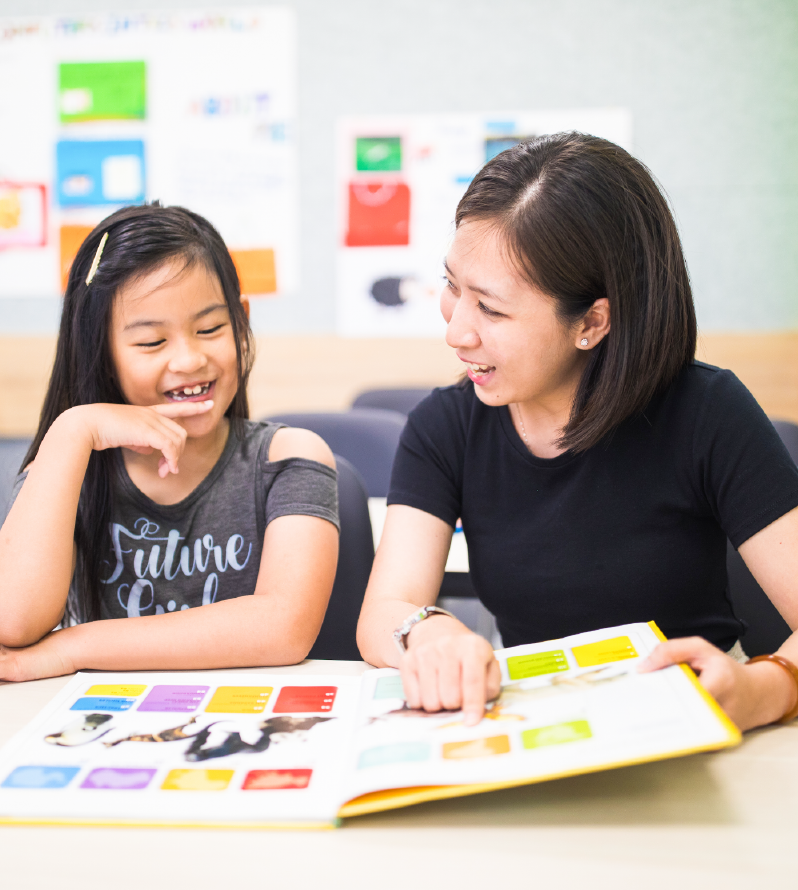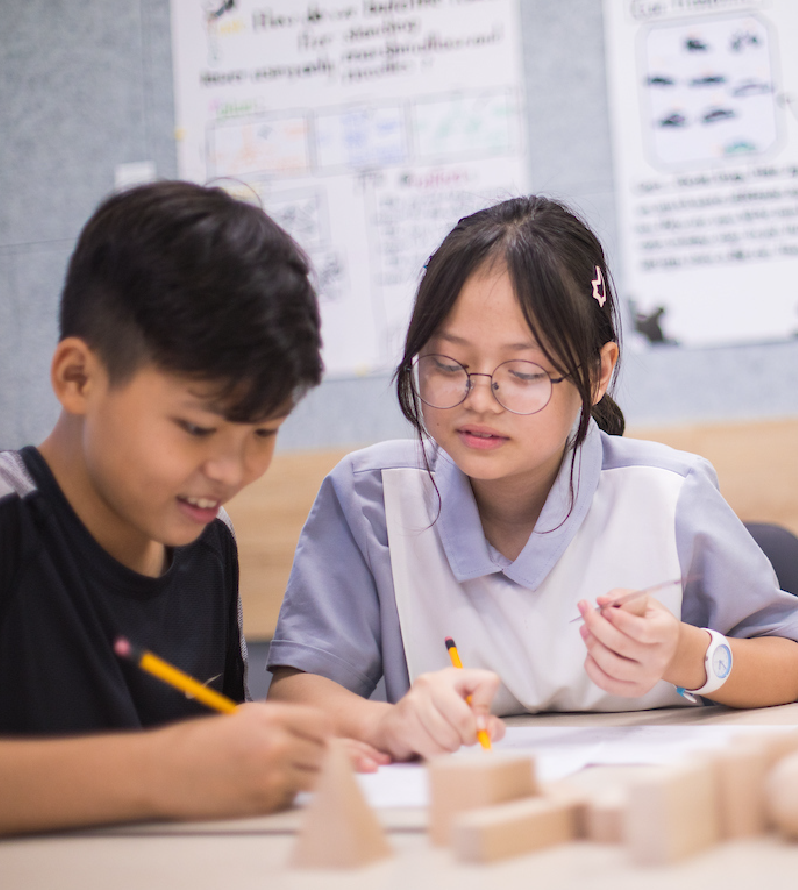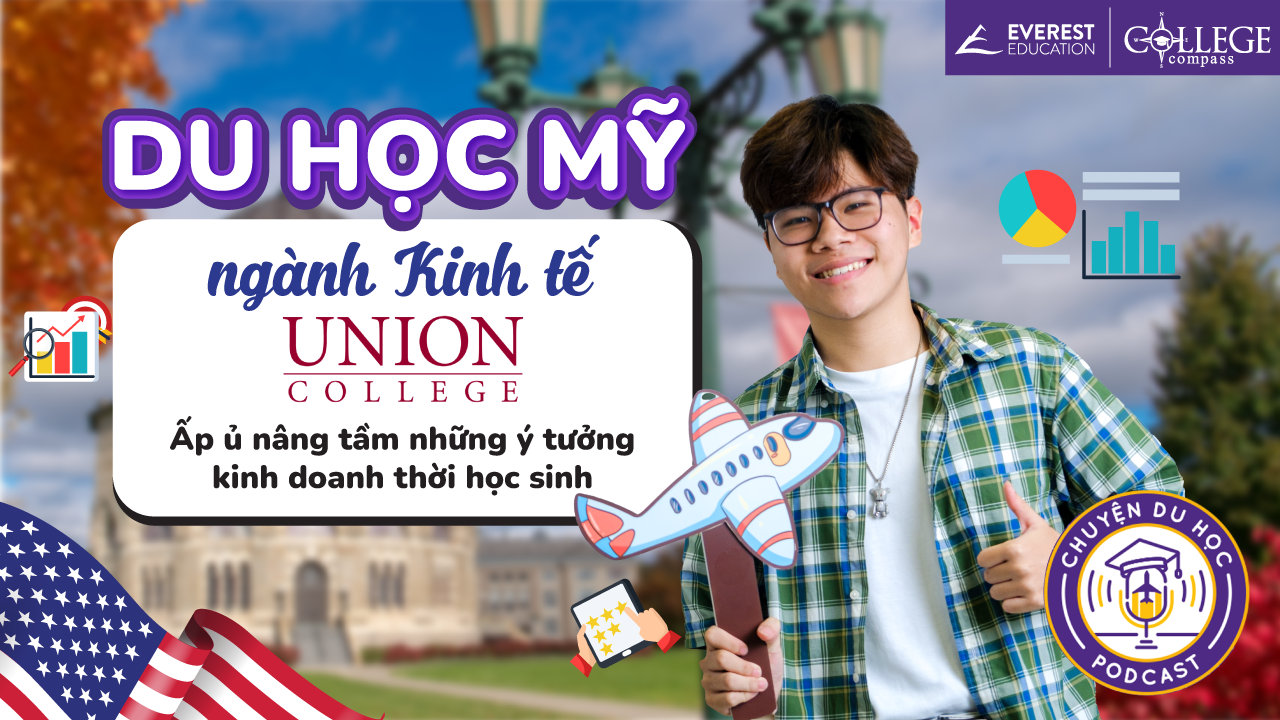Today, most parents are looking for a suitable environment for their children to develop both knowledge and skills. We all know that if students only have knowledge, it is not enough. Becoming a global citizen is not just about being good at your profession, but also being a person with the right attitude and life skills. Therefore, when children enter the stage of starting school, it is very important to equip them with useful life skills. And the international schools are a great environment for students to practice those skills.
Helping children develop life skills is as important as supporting reading and helping with their homework, as life skills are essential for children to develop comprehensively in the future. Understanding this, international schools are globally focused and provide students with the skills and knowledge which encourage them to be active citizens in a global community. They integrate life skills lessons into their curriculum to prepare students to easily adapt to the environment around them.
The period from 6 to 18 years old is a critical time for students to receive useful knowledge and develop the necessary life skills to step into adulthood. During this time, their brains are developing rapidly, and they are learning at an exponential rate. They are also developing their social and emotional skills, and they are beginning to form their own identities. Therefore, schools and families need to provide them with opportunities to grow in this stage.
Continue reading the article below to learn more about the importance of these skills for children and how international schools help students develop the necessary life skills for children at each age.
1. Life skills for international primary school students
Developing basic life skills is essential for primary school students in their studies and activities. Equipping primary school children with life skills helps them take the first steps towards developing self-reliance, teamwork spirit, and individual abilities. This affects not only their self-formation and development, but also their personality development in the future. Here are some life skills suitable for international school children in Vietnam at the primary school level:
Self-reliance skills
This is one of the most important life skills that children need to be equipped with from a young age. When children have self-reliance skills, they have the ability and habit of self-exploring and researching to hone other important skills. Doing small things in life on their own makes them braver and more confident to face challenges in the future.

At international schools, children are trained in self-reliance skills through flexible and age-appropriate lessons and curriculums. For example, schools can integrate lessons on self-reliance skills into subjects such as morality, life skills, extracurricular activities, and real-world experiences. Or, they can teach children how to cope with difficult situations such as getting lost or being bullied. By teaching children how to be self-reliant, international schools help them develop the habit of completing their tasks on their own.
Communication skills
Communication skills are essential for children to socialize with others and succeed in life, especially in English. When teaching life skills to elementary school children, communication skills should not be overlooked. Children need to develop verbal communication, nonverbal communication, and situational communication skills. Therefore, schools and parents need to equip children with communication skills (in English) as early as possible. This is especially important when teaching life skills to students in grades 1 or 2, as this is the time when children are most active and eager to learn.
An international school is the best environment for children to develop their communication skills. International schools provide a multicultural learning environment where children are exposed to friends from different cultures. Schools use methods such as presentations, conversations, and group work to train students in language expression (especially in English) and intelligent and tactful behavior. Additionally, international schools provide opportunities for students to practice communication in front of an audience through English debate competitions, participation in clubs, and sports teams. This environment helps children develop their communication and teamwork skills to the fullest.
Swimming skills
Learning to swim at an early age is a great way to protect oneself from water-related accidents. International schools often integrate swimming lessons into their curriculum, usually in subjects such as Physical Education or Life Skills. This provides children with regular and systematic access to swimming lessons, which includes:
- A team of qualified and experienced swimming instructors
- Standard facilities, including swimming pools, equipment, and swimming gear
- Safety measures such as life jackets and floatation devices
In addition, international schools can encourage children to participate in swimming activities such as regular swimming lessons and extracurricular swimming activities. This gives children the opportunity to practice their swimming skills regularly and improve their skills.
Where learning meets joy
with friends and teachers who care
2. Life skills for international middle school students
Middle school (international junior high school) is a time when students’ physical, mental, and intellectual development accelerates. It is also a time of significant psychophysiological changes. This is an important time for children to develop the necessary life skills to become independent and successful adults.
Emotional management skills
This is the stage when children’s emotions have the most obvious changes, which parents need to pay attention to. Developing good emotional intelligence will be the foundation for children to build social relationships and develop their learning abilities. In addition, equipping children with emotional management skills will help them deal with their emotions in a way that is appropriate for the current situation. For example: when children are angry, what should they do to control their emotions, how to express their emotions of happiness and sadness in a proper way, etc.

An international school will be a healthy learning environment that respects and accepts the differences of students. A healthy learning environment will help students feel comfortable and confident sharing their emotions. In addition, the school also integrates lessons on emotional management into the curriculum and provides psychological support services for students such as psychological counseling, psychological therapy, etc.
Technology skills

The world is entering the era of technology 4.0, so parents also need to prepare their children well for this skill to open up many opportunities for their children in the future. Currently, children are exposed to information technology quite early, from schools to families and public areas. However, in order for children to access it effectively and limit the negative effects on children, families and schools need to provide more specific guidance.
At an international school, children will have the opportunity to learn and practice basic knowledge and skills about technology such as application software, programming courses, graphic design, etc. or participate in technology competitions to develop this skill with peers. Good information technology skills will open up a brighter future for children, making it easier to access and integrate with civilizations around the world.
Problem-solving skills
Problem-solving skills are also a skill that needs to be paid attention to for international middle school students. Because, this skill will help children learn how to analyze, propose solutions, choose, plan, implement, and conduct testing and measurement of the results achieved.

Activities that help children improve problem-solving skills at international schools include:
– Organizing group activities: A group will include many members with different personalities. Therefore, in order to be able to get along and study in groups very well, children must know how to adapt and proactively solve any problems that may arise.
– Inquiry-based learning method: Instead of being guided, students will be stimulated to be curious, encouraged to experience, and empowered to explore different topics by asking questions and finding optimal solutions to the problems encountered. Based on this, children will be able to develop their strengths and improve their problem-solving skills day by day.
3. Life skills for international high school students
When children enter the stage of preparing to “take off,” there are a number of skills that schools and parents need to focus on helping them develop, including leadership skills, career guidance, and survival skills. These will be the skills needed for children to be ready for the next stage: entering the university environment (whether in-country or abroad).
Leadership skills
Leadership skills are the ability to operate, manage, and guide a group of people or organization to achieve specific goals. This skill helps children develop their problem-solving skills, time management, decision-making, motivation, and inspiration for the team.

At international schools, clubs and teams are ideal environments for students to develop their leadership skills. In this way, students have the opportunity to participate in leadership positions such as group leaders, committee leaders, etc. to organize specific activities or projects. Students also have the opportunity to participate in exchange and study abroad programs from an early age, from which they can adapt and solve problems on their own, thus developing their leadership skills.
Career guidance skills
Career guidance helps students prepare for the transition from student to student and worker, avoiding the awkwardness and difficulties when stepping into a new environment. International schools can help students understand their own interests, abilities, and goals by integrating career guidance content into the curriculum, workshops, and competitions, including:
- STEM subjects
- Business, management, and finance subjects
- Arts, culture, and social subjects
Survival skills
Survival skills help students cope with emergency situations such as natural disasters, accidents, etc. These skills will help students to know how to protect themselves and others in dangerous situations. International schools will provide students with opportunities to learn about these knowledge and skills from an early age, such as the skills of finding food, water, self-defense, finding directions, self-defense, first aid, etc.
Parting words
At each age, children will have different stages of psychological development and require patience and a willingness to challenge. Therefore, schools and parents need to coordinate in the process of developing skills for children to be confident in communication, get along, and know how to cope with situations in everyday life.
At Everest Education, we accompany families in equipping important skills such as English communication skills, independence, problem-solving, and teamwork through advanced and effective teaching methods through Singapore Math and English Literature Arts.

>>> Learn about the programs at Everest Education
In addition, Everest Education has a college preparation program – College Prep Course. In this program, we offer a personalized curriculum for each stage of a student’s academic journey, whether they are a 10th grader, preparing to apply for study abroad, or a ‘gap year’ student. Our strategy is to help students build a solid foundation of knowledge and all the necessary resources to enhance their competitive advantage into their dream universities.

>>> Learn about the College Prep Course.

























